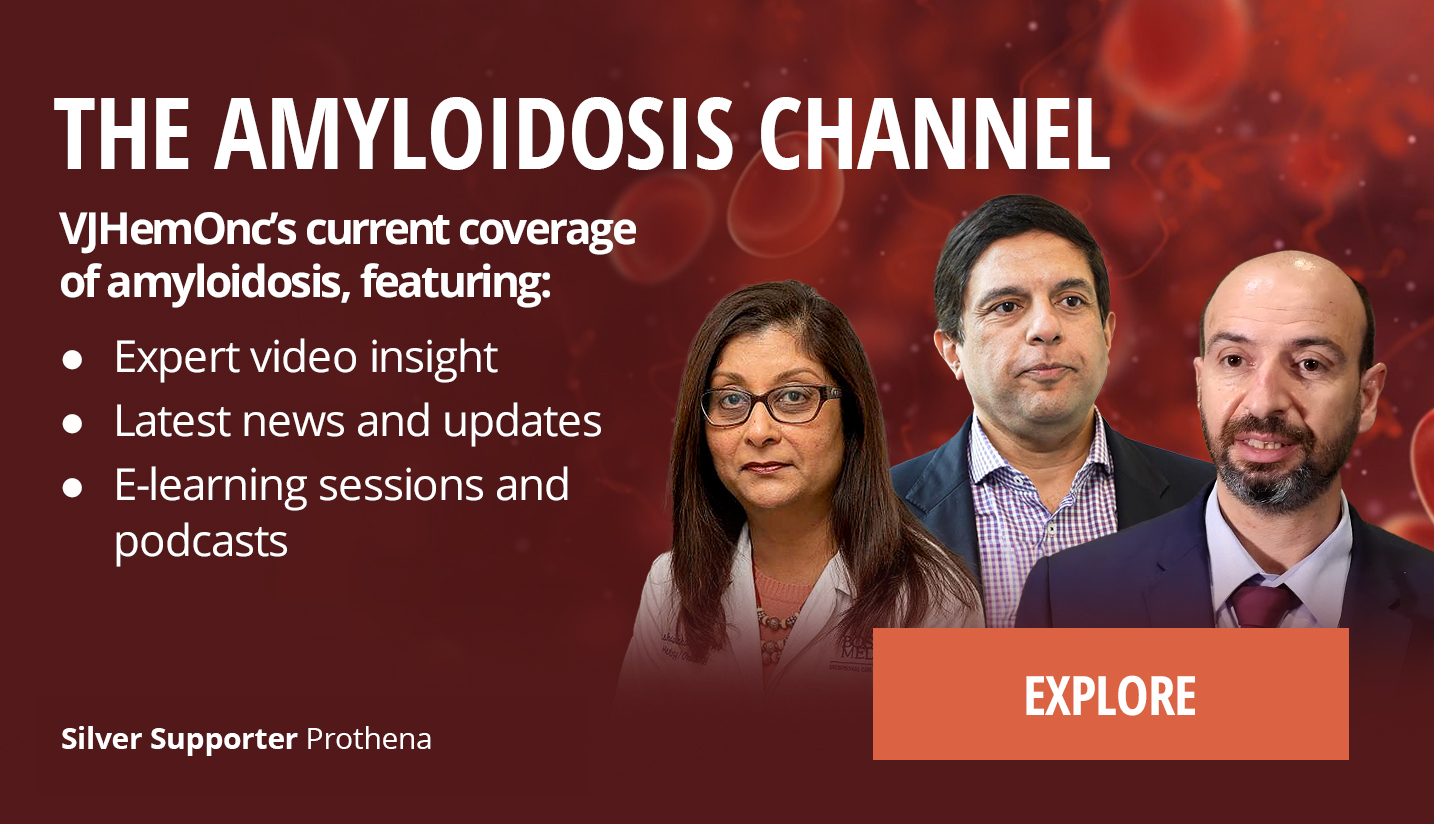Yeah, I think that’s an excellent question to ponder. I think, lots of questions remain. So when looking at the upfront therapies, there are several anticipated trials looking at the anti-fibril antibodies in addition to the backbone of daratumumab, cyclophosphamide, bortezomib, and dexamethasone. So those definitely have the potential to change therapy for upfront patients...
Yeah, I think that’s an excellent question to ponder. I think, lots of questions remain. So when looking at the upfront therapies, there are several anticipated trials looking at the anti-fibril antibodies in addition to the backbone of daratumumab, cyclophosphamide, bortezomib, and dexamethasone. So those definitely have the potential to change therapy for upfront patients. And then I think there’s still the question of whether or not we should be doing autologous stem cell transplants in our patients. And there’s a current ongoing SWOG trial, S2213, that’s looking to see whether or not patients should get six cycles of dara-CyBorD or three cycles followed by autologous stem cell transplant for those who are transplant eligible. So I think some of these trials will definitely inform how we treat and manage our upfront patients.
This transcript is AI-generated. While we strive for accuracy, please verify this copy with the video.











